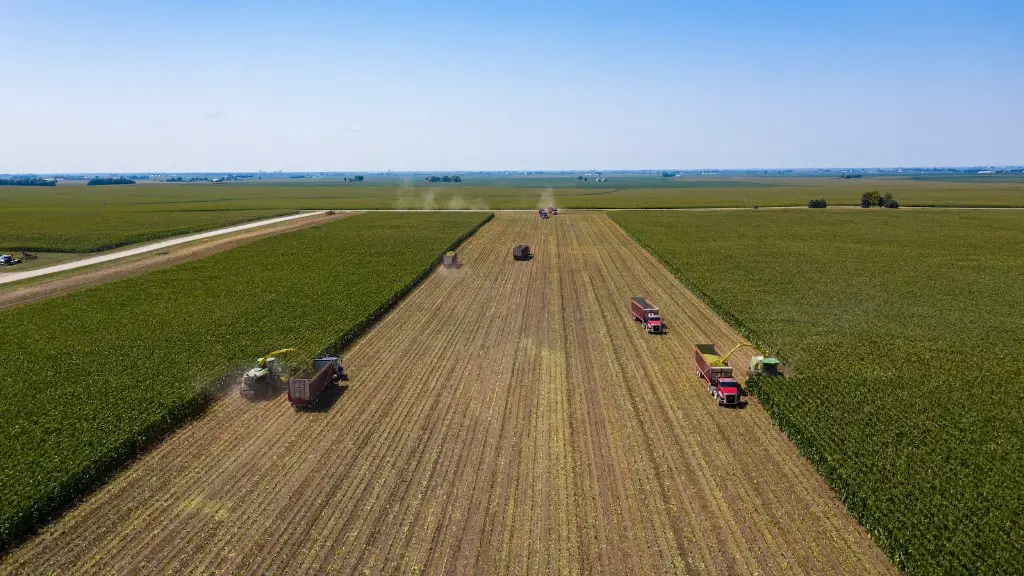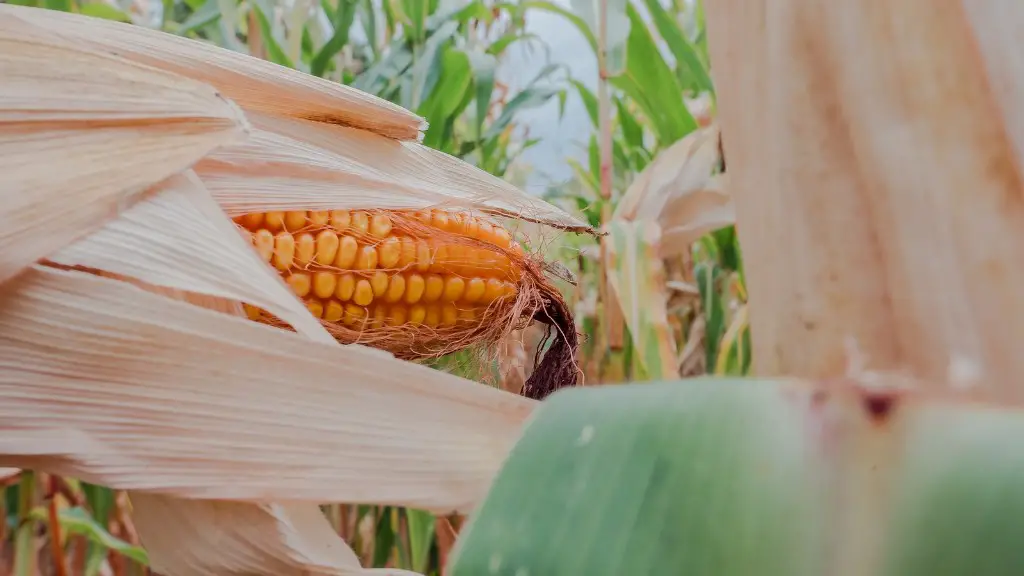Investing in agriculture in South Africa can be a profitable and viable venture. With the right resources and knowledge, investors can make a significant impact on the economy and livelihood of the country. However, it is essential to understand the agricultural landscape and have an understanding of the risk and rewards of investing in this sector. Here are the key steps to consider when investing in agriculture in South Africa.
Firstly, it’s important to do research. Investing in South Africa’s agricultural sector means understanding the geography, politics and regulatory environment of the country. It is also important to become familiar with regional trends, such as the impact of weather, soil quality and the availability of inputs. Doing adequate research will also help to identify potential partners or investors to draw upon.
Secondly, it is important to consider the financials of the investments. This includes looking at the projected returns, costs of production, total investment needs and the cost of the inputs needed to run the business. A comprehensive financial analysis will help to identify the appropriate capital structure and evaluate the potential risk and reward of the venture.
Thirdly, it is beneficial to look into joint venture opportunities. Joint ventures are a great way to reduce investment costs and take advantage of existing technology and resources. Before entering into an agreement, however, it is essential to understanding the different roles and responsibilities of the partners, level of control in decision-making and financial implications.
Fourthly, it is important to secure reliable funding sources. This can be done by engaging in careful negotiations, working closely with banks and lenders, or looking into government grants and subsidies. Access to funding is essential to ensuring that businesses can grow and develop.
Finally, investors should consider the impact of technology. Technology can be an extremely beneficial and efficient tool for investing in agriculture. By implementing new and innovative technologies, investors can reduce costs, manage risk, improve outputs and maximize profits.
Funding Sources
When investing in agriculture in South Africa, funding sources are a key factor to consider. Local banks, regional banks and multinational banks are some potential lenders that could provide financing for projects. In addition, venture capital and private equity funds could be an option for investors that are looking for long-term capital. It is important to negotiate the terms of loans and find the most suitable source of financing to ensure that ventures can grow and develop.
Furthermore, access to government grants and incentives can also make investments more attractive. South Africa has various agricultural-related grants, such as the LandCare Sustainable Livelihoods Grant and the Mohlabetsi Rural Support Programme, which could provide funding for projects or support initiatives.
Finally, investors should also consider crowdfunding as an alternative source of funding. This is a particularly attractive option for smaller-scale businesses or start-ups that are looking to expand, as it is a more cost-effective way of fund-raising.
Technology and Innovation
When investing in agriculture in South Africa, it is important to consider the impact of technology. New technology can help to scale up the production process, reduce costs, improve output and gain competitive advantage. Technology can also help to reduce the risk associated with investments, as it can be used to monitor the performance of businesses, track input and output data and provide valuable insights.
For example, automated irrigation systems and precision agriculture can be used to increase yields and productivity, while cloud computing and mobile applications can provide an efficient way to manage resources. Investing in technology can be an excellent way to maximize the potential returns and ensure the desired outcomes are achieved.
In addition, access to innovative agricultural practices can be beneficial for investors. Examples of these include hydroponics, aquaculture, vertical farming and biotechnology. Investors should consider what practices would be the most suitable for their venture and how to most effectively deploy these.
Finally, it is crucial to ensure that the investments are made with sustainability in mind. This is especially important when investing in countries that are prone to climate change, such as South Africa. Sustainable investments can help to protect the environment, promote social development and ensure long-term profitability.
Socioeconomic Impact
When investing in agriculture, it is important to consider the wider socioeconomic impacts of the venture. Investment in the agricultural sector can have significant positive implications for the country, particularly in terms of job creation and economic growth.
For example, increased investment in agricultural initiatives, such as providing support to smallholder farmers and creating access to new markets, could lead to job creation and contribute towards the development of the South African economy. In turn, this could improve the quality of life for citizens and reduce poverty levels.
In addition, investments in the agricultural sector could lead to a more diversified and resilient economy by reducing the reliance on imports. Investments could also help to enhance food security in the country, as well as maintain a healthy livestock population and protect the environment.
Furthermore, increased investment in the agricultural sector could be a catalyst for social and cultural development. Introducing new technologies and practices could bring new knowledge and skills to the country that could in turn help to stimulate economic growth and diversify the economy.
Finally, increased investment in the agricultural sector could have a significant impact on the country’s global profile. This could lead to more international opportunities and create new markets for South African products.
Project Management & Compliance
Managing a successful agricultural venture requires a high degree of project management and compliance. This is especially important in South Africa, as investments may be subject to certain restrictions and regulations.
Project management should include careful planning and risk management. Investors should be aware of potential legal, financial and environmental risks that could arise, and take steps to ensure that these risks are properly mitigated. It is also important to ensure that all regulatory requirements are met and all compliance obligations are fulfilled.
In terms of data management, it is important to create clear and accurate records of all activities associated with the venture. This will ensure that the venture is being managed according to the applicable standards and regulations.
Furthermore, investors should consider engaging the services of specialist advisers. This would help to ensure that all tasks are completed in accordance with the relevant regulations and in the best interests of the venture. These advisers can also provide guidance and advice on financial matters and help to resolve any compliance issues that may arise.
Finally, investors should also consider the impact of their activities on local communities. They should ensure that the venture is carried out with the best interests of these communities in mind and provide support if necessary.
Benefits
Investing in agriculture in South Africa can bring numerous benefits, both financial and social. Firstly, investments in agricultural projects can be highly profitable, depending on the size and scope of the venture. Furthermore, there are potential tax incentives and other financial benefits associated with the sector. As mentioned earlier, there are also grants and incentives available for agricultural investments in South Africa.
In terms of social benefits, investing in agriculture can help to sustain livelihoods and improve the quality of life for local people. By providing access to resources such as agricultural inputs, training and technology, investors can have a significant impact on rural and peripheral communities.
In addition, investing in the sector can lead to job creation and economic growth. This is particularly true when investing in smallholder farmer networks or agribusinesses, as long-term support and investment in these initiatives can drive growth and development.
Finally, investing in agriculture can help to reduce poverty levels, promote food security and generate foreign exchange for the country. By getting involved in new agricultural initiatives, investors can help ensure that South Africa’s agricultural sector is sustainable and is able to thrive.





